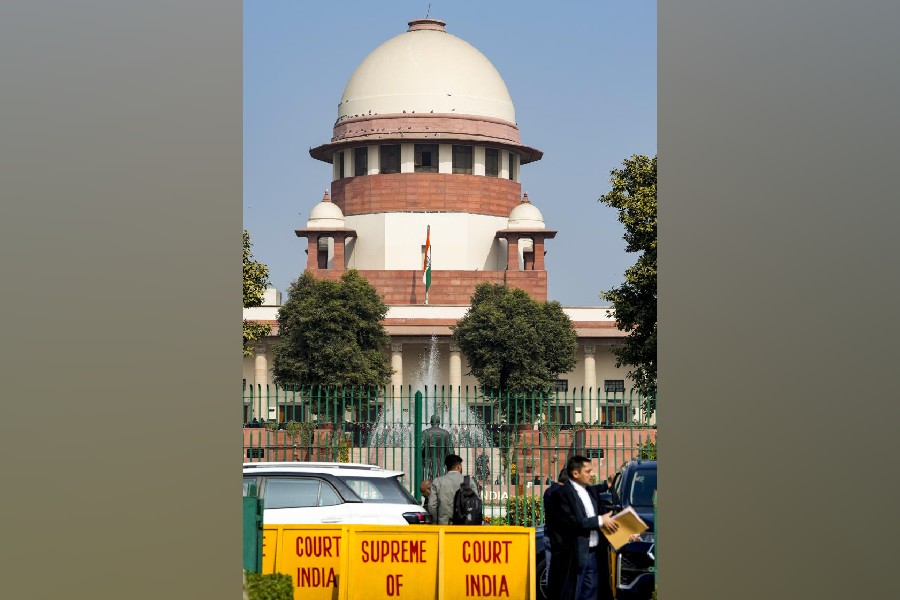The government of India's position on public sector inefficiency is confusing to say the least. The National Democratic Alliance government has divestment of public sector units and privatization as an important element in its professed set of economic reforms to be carried out. However, two recent proposals are sending confusing signals to the economy at large. The first case is that of Air India and the initial proposal of selling off the airline. It was announced, but no buyer was found who would be interested in buying the airline on an as-is condition. The airline has large accumulated losses, overstaffing and poor work culture. The non-availability of a buyer would be a clear signal to disband the company and ensure its exit from the industry. The government would be able to recover some of its losses by selling assets such as aircraft and other property. Alternatively, it could try for a turnaround by serious reorganization and downsizing. Instead, the civil aviation ministry has approached the finance ministry for a bailout package of Rs 11,000 crore. This, apart from the effect it might have on budgetary targets, goes against the principles of economic reforms the government has proclaimed to adopt.
The second instance of back-tracking on economic reforms is the request made by the Life Insurance Corporation of India to acquire a 51 per cent stake in the IDBI Bank. The IDBI board has approached the government of India for permission to accept the offer. The bank has been stuck with a massive amount of non-performing assets to the tune of Rs 55,600 crore. For the fourth quarter of 2017-18 its reported losses were to the tune of Rs 5,662.76 crore. During the fourth quarter of the previous year the bank's loss was Rs 3,199.77 crore. It has reported substantial losses for six consecutive quarters. This is again a case of bailout of an inefficient public sector unit. The only difference in this case is that instead of the finance ministry directly bailing it out, another public sector unit has been asked to oblige. It is obvious that without government prodding the LIC would never have ventured to buy stakes in IDBI. There is another issue in the case of LIC offering to become the majority stakeholder in IDBI. LIC's core business is insurance while the IDBI is a commercial bank. The distinction has been retained so far in Indian financial markets. This would become an exception to that rule. Financial market integration without proper regulation can have disastrous consequences as was evident in the financial collapse in the American economy 10 years ago.
The signals are of concern. There is a back-tracking on reforms, there is a tacit acceptance of inefficiency, and perhaps a hint of a populist socialism where government control is used to conceal economic failures.










